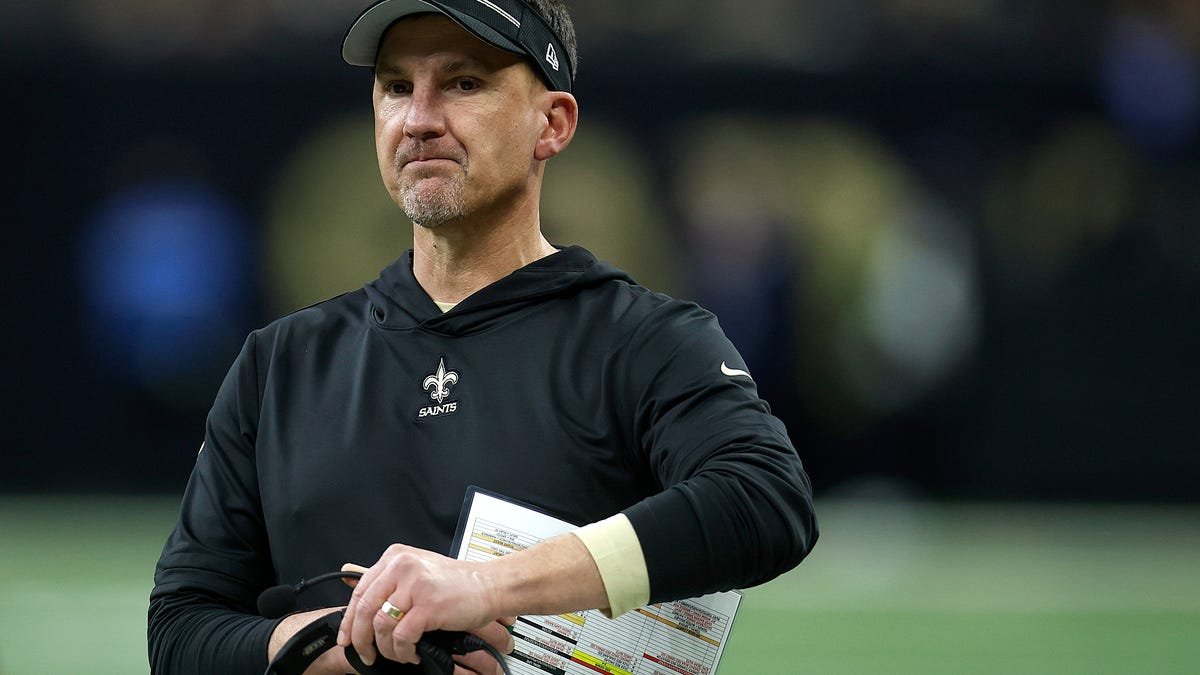The Jacksonville Jaguars are seeking reimbursement from FanDuel for the approximately $20 million that former employee Amit Patel stole and used on the gambling site. However, FanDuel is refusing to comply with the request, according to ESPN.
Patel, who pleaded guilty to felony charges of wire fraud and illegal monetary transactions, obtained the money through a virtual credit card system that the Jaguars used for expenses. Sources revealed that Patel lost $20 million on daily fantasy and sports bets on FanDuel, as well as an additional $1 million on DraftKings. He directly transferred the funds from the credit card system to the popular betting service.
FanDuel’s perspective on the matter is that they received the money fair and clear, and therefore, should not be obligated to forfeit it back to the Jaguars. This stance has prompted the Jaguars to pursue reimbursement through legal means.
The team claims that they were unaware of the scheme until FanDuel alerted them to some bets of unknown value that were placed in Tennessee. The NFL also notified the Jaguars of Patel’s fraudulent activities.
Stephen Bell, an attorney specializing in white-collar criminal cases, emphasized that gambling sites have a responsibility to perform anti-money laundering and know your client procedures to ensure they do not accept funds from illicit origins. When a customer’s bets significantly outweigh their income, red flags should be raised, and additional due diligence should be conducted to confirm the legitimacy of the funds.
In December, Patel’s lawyer, Alex King, explained that his client began using the virtual credit card program to subsidize his losses as they started to accumulate. However, the situation quickly spiraled out of control, leading to the substantial amount of money stolen.
The Jaguars’ pursuit of reimbursement from FanDuel highlights the importance of financial safeguards and responsible gambling practices within the industry. As the legal battle continues, it remains to be seen how the court will rule on this matter and what implications it may have for the relationship between professional sports teams and gambling companies.





